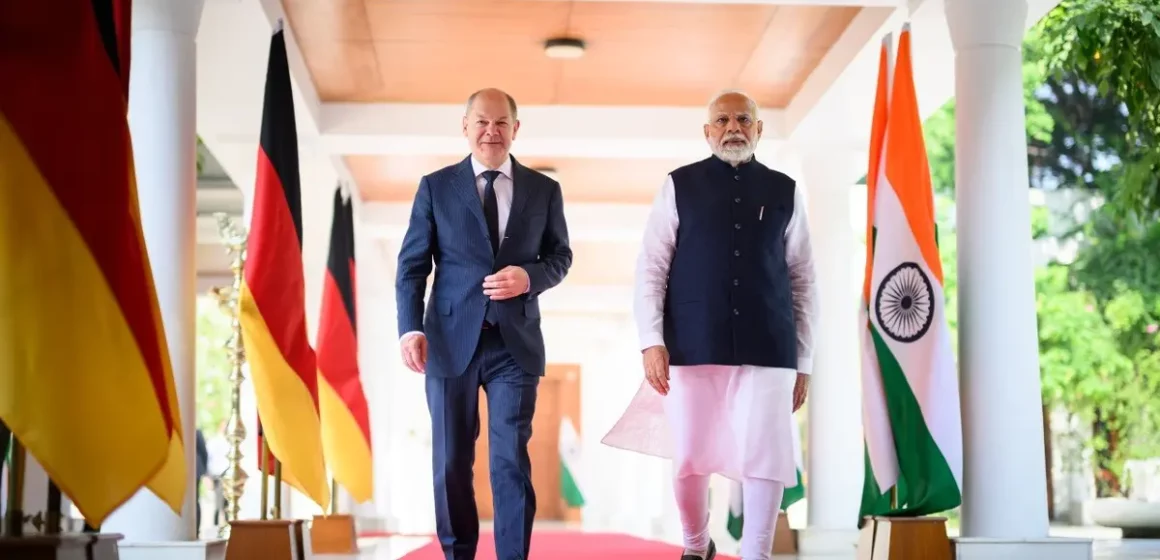On October 26, 2024, Prime Minister Narendra Modi and German Chancellor Olaf Scholz met in New Delhi, marking a pivotal moment in the ongoing partnership between India and Germany. During this high-level meeting, PM Modi announced an ambitious increase in the visa quota for skilled Indian workers, raising it from 20,000 to a remarkable 90,000 per year. This decision not only underscores the importance of skilled migration but also highlights the growing economic and cultural ties between the two nations.
The Rationale Behind the Visa Increase
Germany’s decision to expand its visa quota stems from the pressing need to fill labor shortages in various sectors. With an aging population and declining birth rates, Germany faces significant challenges in maintaining its workforce. By increasing the number of skilled Indian professionals allowed to work in the country, Germany aims to tap into a rich talent pool that can drive innovation and productivity across industries such as technology, engineering, healthcare, and research.
Economic Benefits for Both Nations
The expanded visa quota represents a win-win scenario for both India and Germany. For India, it opens new avenues for its skilled workforce, allowing professionals to gain international experience and contribute to global projects. For Germany, the influx of skilled labor can enhance competitiveness and ensure that its industries remain at the forefront of innovation. This collaboration is expected to foster greater economic growth and sustainability for both countries.
Statements from Leaders Reflecting Shared Goals
Prime Minister Modi expressed optimism about the potential for enhanced cooperation, stating, “This increase in the visa quota is a clear indication of our commitment to deepening the partnership between India and Germany. We are ready to share our skilled workforce to contribute to Germany’s economic success.”
Chancellor Scholz, acknowledging the significance of this decision, remarked, “The expanded visa quota will not only address labor shortages in Germany but also create opportunities for skilled Indian professionals to excel in a global marketplace. Together, we can build a stronger future.”
Addressing Challenges and Ensuring Success
While the increase in visa quotas is a positive development, both countries must also address the challenges associated with skilled migration. It is essential to create a streamlined application process and ensure that qualifications and skills are recognized efficiently. Additionally, cultural integration programs can help Indian professionals adjust to life in Germany, facilitating a smoother transition into the workforce.
Future Implications for India-Germany Relations
The announcement of the increased visa quota is a significant milestone in India-Germany relations. As both countries navigate the complexities of the global economy, collaboration in trade, technology, and education will be essential for future growth. Chancellor Scholz’s visit marks a renewed commitment to strengthening these ties and exploring new avenues for mutual benefit.
Chancellor Olaf Scholz’s visit to India and the announcement of a substantial increase in the visa quota for skilled Indians signifies a new era in India-Germany relations. By welcoming more skilled professionals, Germany not only addresses its labor market needs but also reinforces its partnership with India, one of the world’s fastest-growing economies. As both nations look toward the future, ongoing collaboration in various sectors will be crucial for achieving shared goals and fostering a prosperous global community.


Leave a Reply